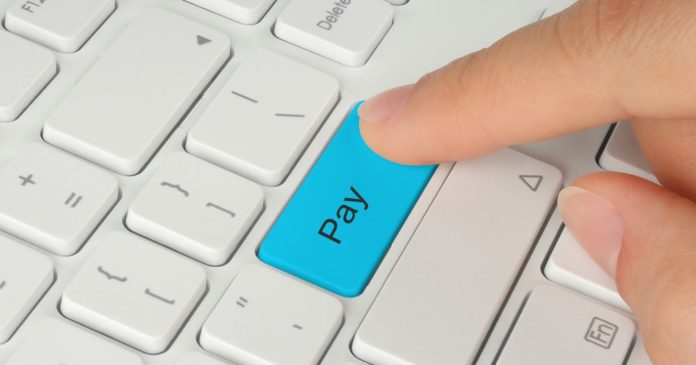
Online shopping keeps growing with COVID pandemic lockdowns giving it an extra boost. As a result, the U.S. e-commerce sales reached a massive $469 billion in 2021, up from $431 billion in 2020.
In order to get all those goods from online retailers, individuals are relying on different payment methods, some of which offer more security while others come with more convenience. Here are the key pros and cons for the popular online payment methods.
PayPal – super safe
Pros
The best thing when paying for stuff with PayPal is that you don’t have to share your credit/debit card information with the merchant. Instead, it’s only PayPal who has those details and they put an extra effort to keep their servers as secure as possible. In other words, instead of worrying about security practices of 100 different merchants, you only have to worry about PayPal. And, again, they do an extremely good job of protecting their data.
Cons
The problem is that PayPal is not accepted by all merchants and sometimes, you will have to use your credit/debit card instead. Merchants don’t like PayPal as it comes with a hefty fee, compared to regular credit card transactions. We did hear about problems users had with PayPal, but most of those are related to their PayPal account being hijacked.
Credit cards – protection typically comes included
Pros
Credit cards are a default payment method on the Internet, offering convenience and ease of use. Pretty much all merchants accept credit cards, which makes them so popular. Also, many credit cards (especially the more premium ones) come with included protection against fraudulent transactions.
Cons
Credit card transactions are not anonymous. If that’s a red flag for you, you’ll have to opt for a different payment method. For most users, that’s not the issue.
Debit card – great for controlling spending
Pros
Debit cards are accepted on most sites that also accept credit cards. While they don’t offer the same protection as credit cards, debit cards are good for managing (controlling) your spending. After all, you can only spend the money you have in your account and not a penny more.
Cons
That lack of protection which comes included with credit cards is the main reason why you shouldn’t use debit cards. Also, some banks will let you spend more than you have on your checking account and charge you overdraft fees for that. So you better be careful.
Prepaid cards – good (though not great) for anonymous payments
Pros
Prepaid cards work like debit cards but you can use them for semi-anonymous transactions, especially in the “real-world” — as opposed to online transactions. You see, when you’re buying something on the Internet, you will still have to enter your shipping address so that the merchant knows where to deliver the goods.
Cons
Getting a prepaid card in the first place requires that you physically visit a store from where you’re going to get a prepaid card. And that “physical visit” kinda kills the point of buying online in the first place. While you’re out and about, you may just as well buy the thing(s) you need from the regular store.
Digital wallets – secure and convenient
Pros
Digital wallets work similarly to PayPal as they will be the one storing your credit card information. They will also help you input your credit card details on sites that require them and that don’t work directly with digital wallets. The most popular digital wallets are those offered by Google, Apple and Samsung which lets these companies know even more about you — like they don’t already have a ton of data about your Internet whereabouts. That fact, on the other hand, means that your transactions are super-secure as these companies have a ton of resources to make for secure online payments.
Cons
As mentioned, digital wallets are far from ideal for privacy as by using them you will be adding new information to your digital profile the likes of Google creates for every one of us.
Cryptocurrencies – most anonymous
Pros
Cryptocurrencies provide for the most anonymous payment option, especially if you can use Monero and Zcash — both of which are known for offering more anonymity than Bitcoin and Ethereum. In fact, those two offer what we would consider almost completely anonymous transactions.
Cons
While increasingly popular, cryptocurrencies are not widely accepted on the Internet. Also, some of them require a level of technical knowledge that makes them unsuitable for the mainstream user.
…
Also worth noting are mobile payment apps which could be used for paying specific services like parking as well as for paying friends and family. They work like digital wallets, but tend to be less popular as they typically come from smaller companies. Most popular mobile payment apps include Venmo, Zell and Cash App.
Which payment method do you prefer? And why?
